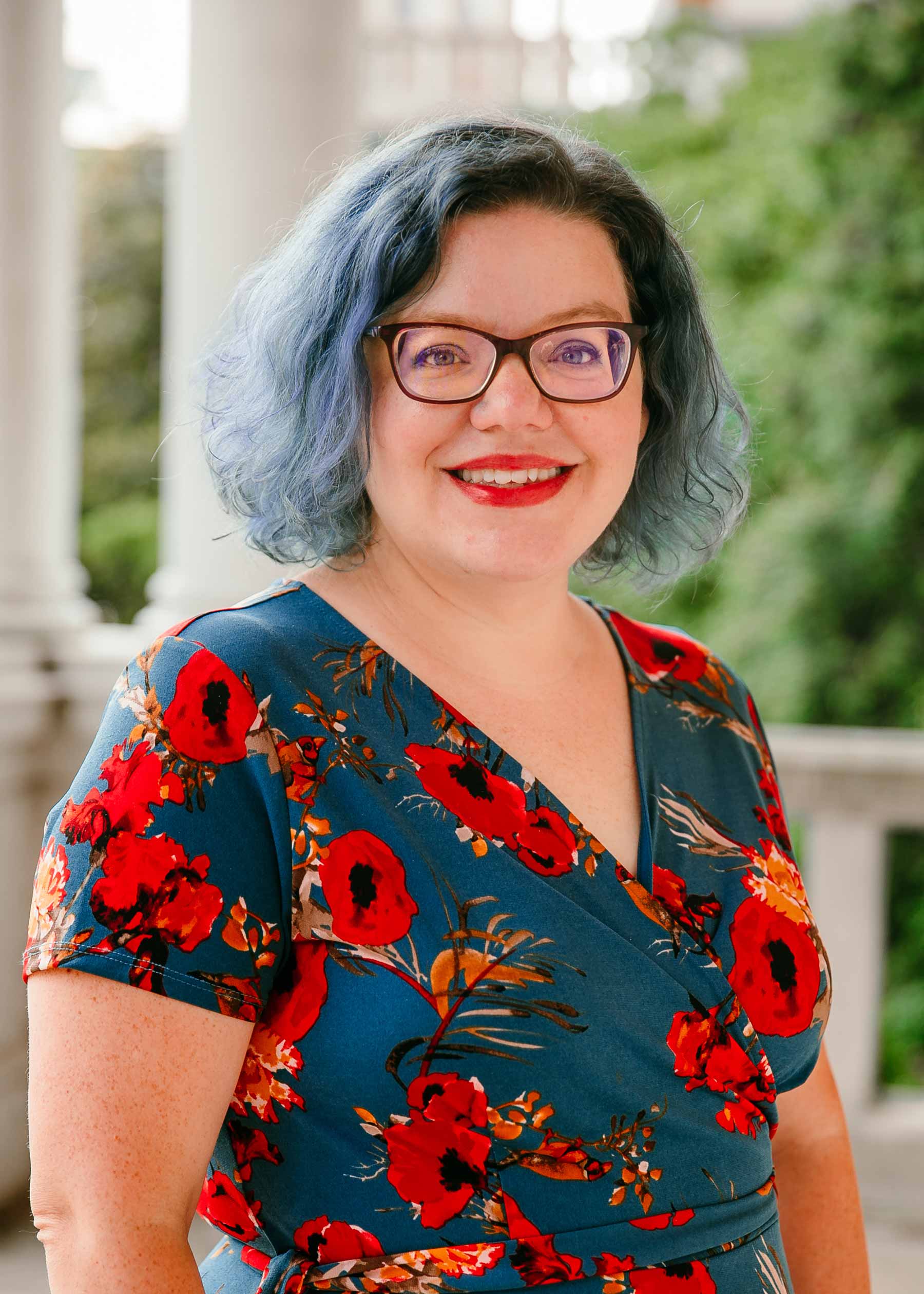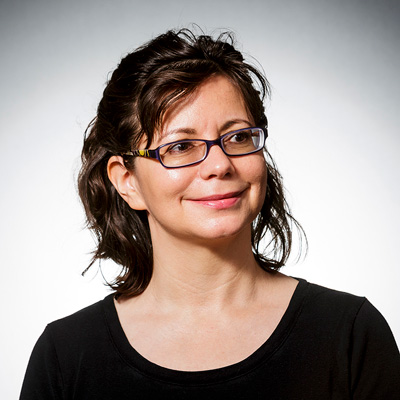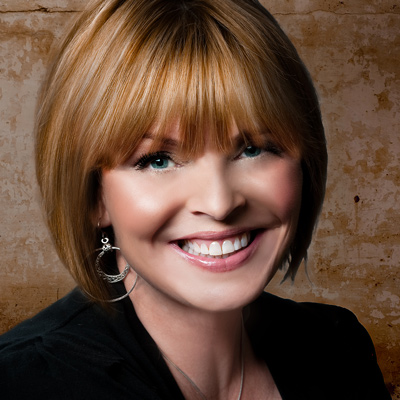Get started with Mizzou
Apply hereOverview
You know media technology and literature have the power to change lives. That's why Mizzou's online master's degree program in library and information science with an emphasis in PK–12 school library media specialist could be a perfect fit. This program is accredited by the American Library Association (ALA). It prepares school librarians to help students (and others) develop digital literacy.
This program is for people who want to become school librarians in the state of Missouri, and has paths for people who already hold teacher certification and for those who do not. Want to be a school librarian in a state other than Missouri? Contact Denice Adkins at adkinsde@missouri.edu to ask if this program is the right choice for you.
The School of Information Science and Learning Technologies (SISLT) is a proud member of iSchools, an international coalition of leading information schools.
Quick facts
Official name
Master of Library and Information Science with an emphasis in PK-12 School Library Media Specialist CertificationCampus
Program type
Master's degreeAcademic home
College of Education & Human Development | School of Information Science and Learning TechnologiesDelivery mode
100% onlineAccreditation
Higher Learning Commission, American Library Association (ALA)Credit hours
39Estimated cost
$23,006.10*This cost is for illustrative purposes only. Your hours and costs will differ, depending on your transfer hours, your course choices and your academic progress. See more about tuition and financial aid.

Career prospects
Jobs for MLIS graduates may include
- Information literacy librarian
- Library media specialist
- School librarian
- Academic librarian
- Student success librarian
- Librarian at a public library
MLIS employment opportunities are not restricted to schools.
Program structure
The online master’s in library and information science with an emphasis in PK–12 school library media specialist is 100 percent online: no campus visits are required.
Students typically take one or two classes each semester and finish the program in two to four years.
Your plan of study will include IS_LT 7380 School Library Practicum (3 credit hours), which requires 100 clock hours spent in a school library or school libraries in your area.
Note: This program is intended for practicing teachers who already have their initial teaching certification. It does not provide the initial certification required to become a teacher.
Coursework includes
- Information services, systems, and technologies
- Organization of information, cataloging, and classification
- Management of school libraries
- Working with school library personnel
- Action research in school libraries
- Children’s and young adult literature
Delivery
100% onlineCalendar system
Semester-basedTypical program length
2-4 yearsTypical course load
1 or 2 classes each semesterAccreditation
The University of Missouri is accredited by the Higher Learning Commission, one of six regional institutional accreditors in the United States. The library and information science master’s program is accredited by the American Library Association.
Faculty spotlight

Dr. Cynthia Dudenhoffer joined Mizzou in 2021 as an associate teaching professor and program coordinator for the School of Information Science & Learning Technologies. Previously, she held the role of Director of Information Resources and Assessment at Central Methodist University. She has served in many leadership roles locally and nationally, including president of the Missouri Library Association. She also serves as a professional consultant in areas of academic library accreditation, program review, project management, and leadership through innovation. Areas of expertise include emerging technologies in information agencies and data literacy.

Research areas:
- Latino/Hispanic literacy practices
- Genre fiction readers and their motivations
- Public library outreach to underserved populations

Dr. Beth Brendler is an Associate Teaching Professor in the iSchool at the University of Missouri. Her areas of interest include the sociocultural aspects of literacy, inclusive library services to diverse and underserved populations, and the socialization of children and adolescents through literature and media. The majority of her research has been on the sociocultural aspects of literacy, as well as literature and library services for underserved and marginalized youth.
Her research has examined rural school libraries as resources of community mental health literacy, library collections and services for LGBTQIA+ children and adolescents, intersectionality in self-published LGBTQIA+ eBook fiction, gender and literary response, identity and classroom book discussion, children’s and adolescent literature about marginalized populations, gender construction in children’s and adolescent literature, and socioeconomic status and literacy.
